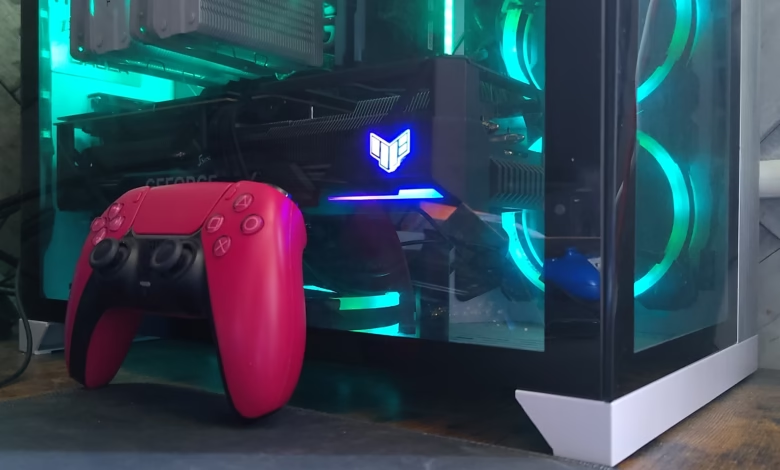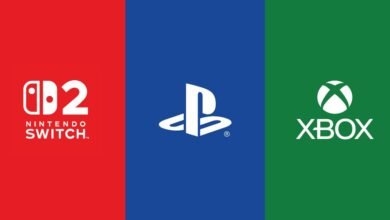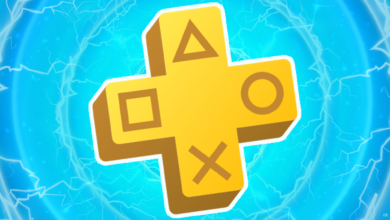PS Plus & Game Pass Fees Prove PC Gaming Saves Money Long-Term

▼ Summary
– PC gaming requires initial setup and adjustments, unlike consoles, but offers free multiplayer, making it a primary choice for the author.
– Console gamers must pay for multiplayer subscriptions (Xbox Game Pass, PS Plus), a normalized but criticized practice that adds extra costs.
– PC gaming is cheaper long-term due to frequent game discounts, free titles, and lower game prices compared to PlayStation’s stagnant pricing.
– High-end PC hardware, though expensive upfront, lasts longer than console generations, offsetting initial costs with cheaper game access.
– Console subscription services (PS Plus, Xbox Game Pass) are costly, with PS Plus offering poor value compared to Game Pass, while PC avoids these paywalls entirely.
Switching from console to PC gaming might seem daunting at first, but the long-term savings make it a smarter financial choice for serious gamers. While consoles offer plug-and-play convenience, the hidden costs of online subscriptions and inflated game prices add up quickly, something PC players avoid entirely.
The initial investment in a gaming rig often scares people away, and rightfully so. High-end GPUs don’t come cheap. But once you’re past that hurdle, the savings become obvious. Unlike consoles, where multiplayer access requires a PS Plus or Xbox Game Pass subscription, PC gamers enjoy free online play across most titles. That’s $60-$120 per year saved right off the bat, money that could go toward better hardware or more games.
Game prices are another area where PC dominates. Digital storefronts like Steam, Epic Games Store, and key resellers frequently offer deep discounts, sometimes slashing prices by 50% or more within months of a game’s release. Console players, especially on PlayStation, rarely see those kinds of deals. Older titles often stay stubbornly close to their launch prices, forcing gamers to either pay up or wait indefinitely for a rare sale.
Physical copies used to provide some relief, letting players trade or resell games, but that option is fading as the industry shifts toward digital-only releases. On PC, where digital distribution has been the norm for years, this isn’t a problem, games are already priced competitively, and sales happen regularly.
Hardware longevity is another advantage. A well-built PC can last multiple console generations without needing a full upgrade. While consoles like the rumored $699 PS5 Pro push prices closer to mid-range PCs, they still lock players into a closed ecosystem with recurring costs. Meanwhile, PC gamers can upgrade components incrementally, take advantage of backward compatibility, and avoid mandatory subscription fees just to play online.
Microsoft’s Game Pass is often praised for its value, offering day-one releases on both console and PC. But even then, console players still need Game Pass Core ($59.99/year) just to access online multiplayer, an extra cost PC players skip entirely. Sony’s PS Plus, on the other hand, lacks day-one titles and often delivers underwhelming monthly free games, making its higher-tier subscriptions hard to justify.
At the end of the day, the math is simple: consoles nickel-and-dime players with subscriptions and overpriced games, while PC gaming offers more freedom and long-term savings. Yes, the upfront cost is higher, but the lack of paywalls, cheaper games, and flexible hardware upgrades make it the better choice for anyone serious about gaming without unnecessary expenses.
(Source: Tech Radar)





